The most outgoing people can turn introverted with age, and here’s why.

The life of the party doesn’t always stay that way forever. Some of the most extroverted people find themselves craving quiet, avoiding big crowds, and preferring deep conversations over endless socializing as they age. It’s not that they’ve lost their personality—it’s that their priorities have shifted. What once felt energizing might now feel exhausting, and the need for constant connection slowly fades.
If you’ve ever wondered why some extroverts mellow out into introverts later in life, these surprising reasons might explain it.
1. Social energy starts running on a different battery.

Being an extrovert doesn’t mean having unlimited energy—it just means getting energized by social interaction. But as people age, their tolerance for constant stimulation changes. What once felt exhilarating—networking events, parties, and nonstop plans—can start to feel more like work than fun.
Many older adults realize they’d rather spend their energy wisely, focusing on meaningful connections instead of spreading themselves thin. It’s not about withdrawing completely; it’s about being more selective with how and where they spend their time. And sometimes, that means choosing a peaceful evening at home over yet another social gathering.
2. Priorities shift, and socializing isn’t always at the top.
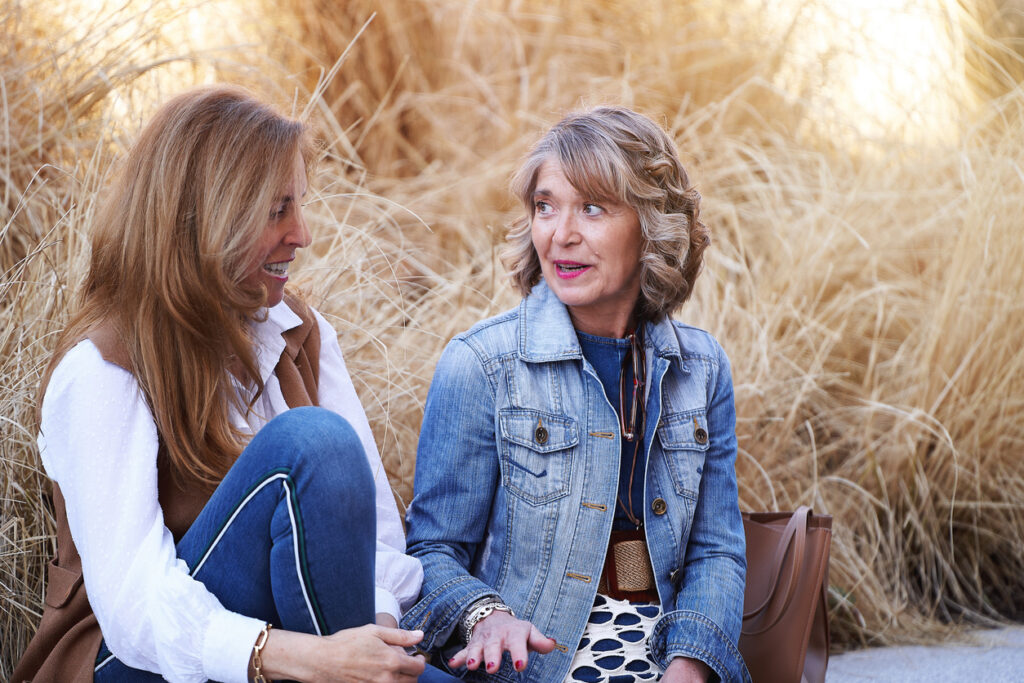
In younger years, being social is almost expected. Work, friendships, dating, and family obligations keep people constantly engaged. But in later life, priorities start to shift. Health, personal fulfillment, and relaxation become more important than keeping up with an endless stream of social obligations.
3. Friendships naturally become fewer but deeper.

Extroverts often thrive on a wide social circle, but as they age, many of those casual connections fad. People move, careers end, and life takes friends in different directions. Instead of replacing every lost connection with a new one, older extroverts start focusing on the friendships that truly matter.
Rather than making plans with dozens of acquaintances, they invest in a handful of deep, meaningful relationships. Quality over quantity becomes the new social motto, and suddenly, spending hours in deep conversation with one trusted friend feels more rewarding than mingling at a party full of strangers.
4. Large social events start to feel overwhelming.

What once felt like an exciting, high-energy environment can start feeling chaotic or even exhausting. Big gatherings, loud crowds, and packed schedules that used to be thrilling now seem more like an obligation than a joy.
It’s not that extroverts stop liking people; they just become more sensitive to the effort that socializing requires. Conversations in a noisy room become harder to follow, navigating large groups takes more patience, and the recovery time after a big event gets longer. Choosing a calm, intimate setting over a wild night out isn’t a loss of personality—it’s just a natural shift in preference.
5. Alone time stops feeling lonely and starts feeling necessary.
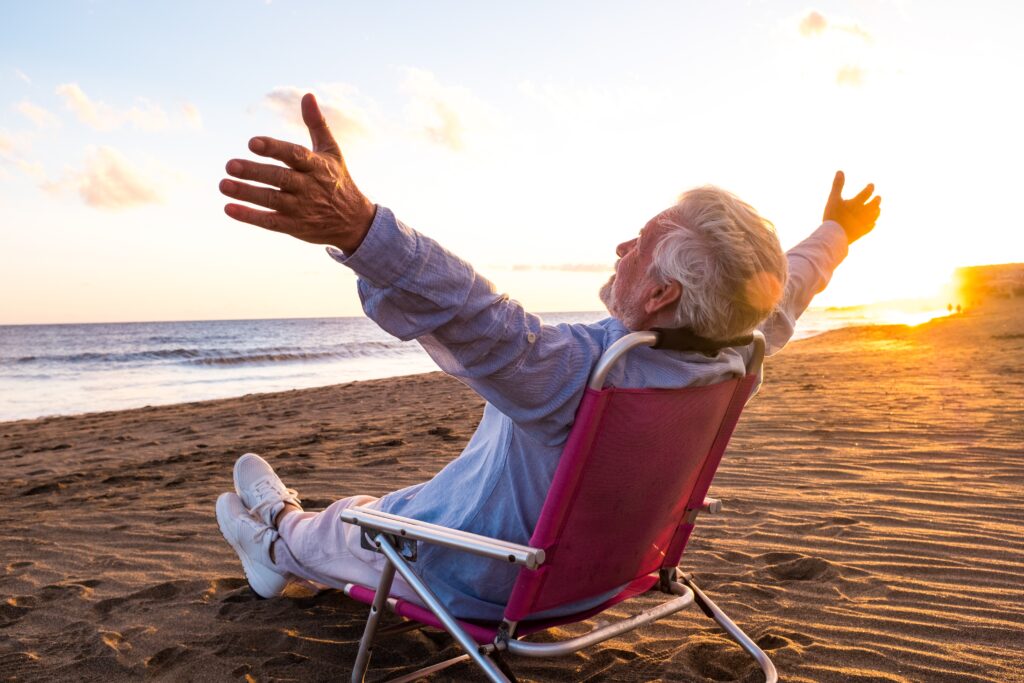
For most of their lives, extroverts may have avoided too much alone time, fearing it would feel isolating or boring. But in their golden years, many discover that solitude isn’t just enjoyable—it’s essential.
They begin to relish the peace of their own company, using that time for reflection, creativity, or just pure relaxation. Instead of seeking out constant external stimulation, they find fulfillment in hobbies, personal growth, and self-care. Alone time isn’t a punishment; it’s a privilege they now appreciate.
6. Social interactions become more intentional.
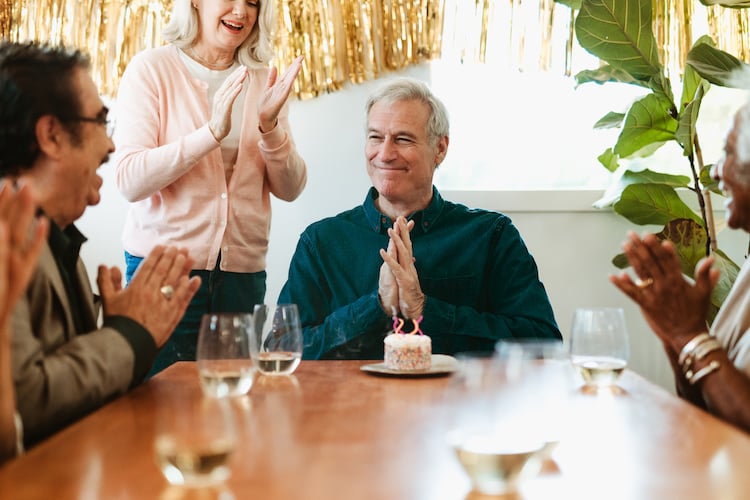
Younger extroverts often say yes to every invitation, eager to meet new people and experience everything. But with age, socializing becomes more about quality than quantity. There’s less interest in small talk and more desire for meaningful conversations.
Older extroverts may still be outgoing, but they’re more intentional about when and how they engage with others. Instead of bouncing from group to group, they invest in relationships that feel authentic and energizing. This shift doesn’t mean they’ve become true introverts—it just means they’ve learned to be more selective with their time.
7. Aging brings a natural desire for reflection.

With decades of life experience, older adults often find themselves reflecting more on their past, present, and future. Extroverts who once thrived on external stimulation start turning inward, enjoying moments of quiet introspection.
This doesn’t mean they’ve lost their outgoing nature—it just means they’re balancing it with a newfound appreciation for deeper thought. They may still love socializing, but they also value the time spent processing their experiences, understanding themselves better, and finding peace in solitude.
8. Physical energy levels start to impact social habits.
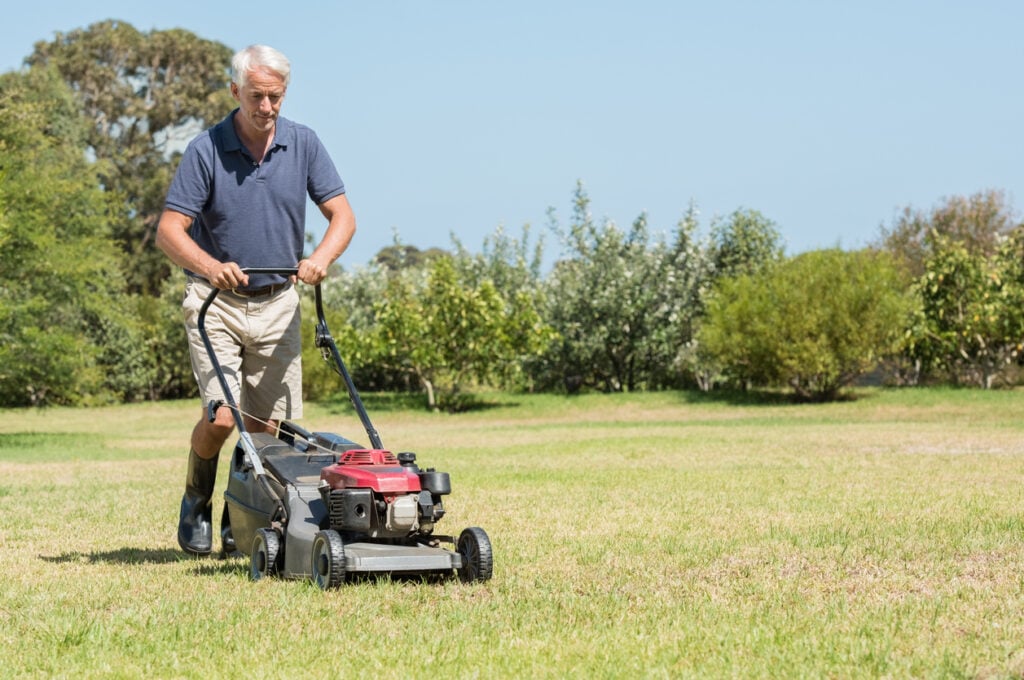
No matter how much someone loves being around people, aging comes with physical changes that affect energy levels. Late nights, constant outings, and packed schedules take a bigger toll than they used to.
Older extroverts might still enjoy socializing, but they’re more mindful of their limits. Instead of saying yes to every plan, they pace themselves, choosing quality interactions over sheer volume. It’s not a loss of personality—it’s a practical adjustment to maintain balance.
9. Technology has made socializing less appealing.

For many older adults, socializing used to mean face-to-face interactions, deep conversations, and shared experiences. But in a world dominated by texting, social media, and video calls, the way people connect has changed—often in ways that don’t appeal to extroverts.
Instead of endless digital small talk, some older extroverts prefer in-person quality time or nothing at all. If the choice is between a Zoom call and a quiet evening with a book, the book might start winning more often. It’s not that they dislike people—it’s that modern socializing feels less fulfilling than it used to.
10. Retirement changes the social landscape.

Work often provides built-in social interactions, whether it’s coworkers, clients, or meetings. But when retirement hits, that daily structure disappears. Suddenly, an extrovert who was constantly surrounded by people might find themselves with far fewer social opportunities.
Rather than filling that gap with endless new interactions, some retired extroverts start leaning into a quieter, more introspective lifestyle. They still enjoy socializing, but it’s no longer their default setting. Instead, they focus on meaningful engagements rather than maintaining a packed social calendar.
11. Aging fosters a deeper appreciation for peace and simplicity.
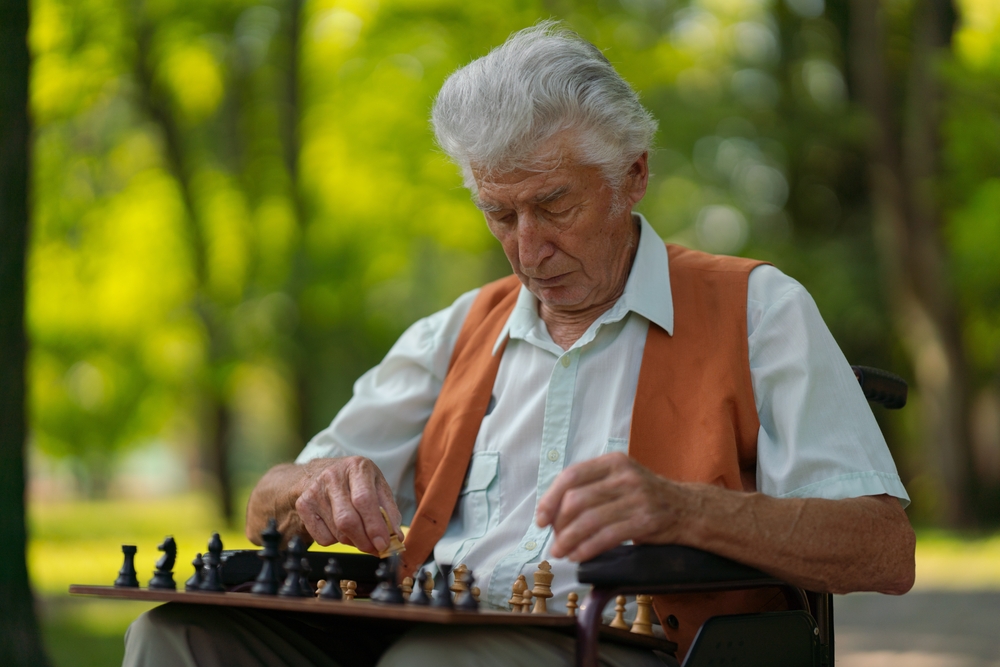
After a lifetime of constant interaction, movement, and noise, many older adults find themselves craving simplicity. The thrill of being constantly surrounded by people is replaced by the comfort of a slower, more peaceful existence.
They’re not necessarily becoming introverts—they’re just embracing the quiet moments they might have once overlooked. Life no longer feels like a race to be the most social, and that’s a welcome change.
12. Personality doesn’t change, but preferences do.

Extroverts don’t suddenly become introverts—they just evolve. Their core personality remains, but their social habits shift to match their changing energy, priorities, and experiences.
Instead of chasing endless interactions, they focus on what truly matters. They still love people, they still enjoy connection, but they’ve learned to balance it with solitude, peace, and self-reflection. And honestly? That’s a pretty great way to grow older.
